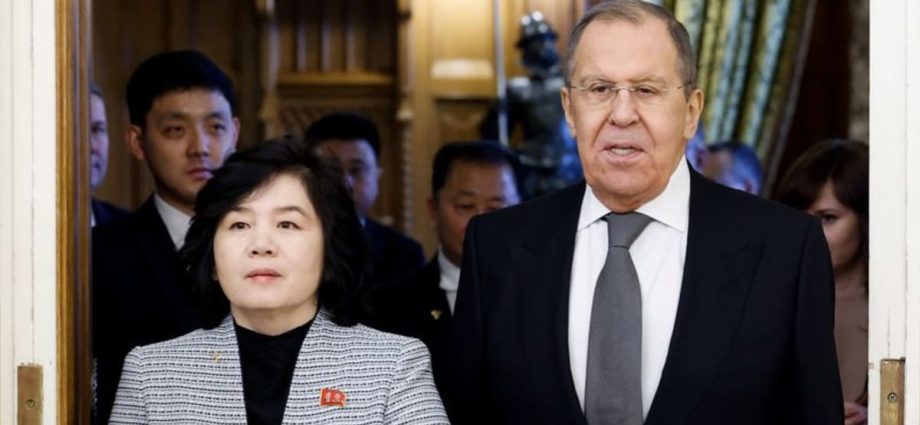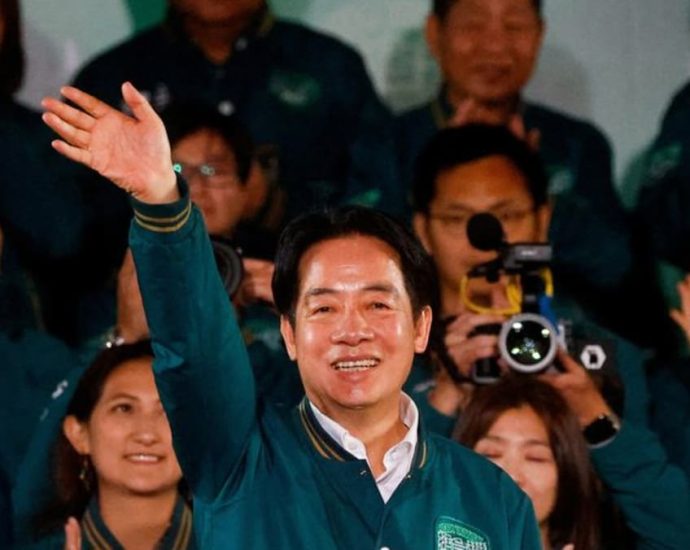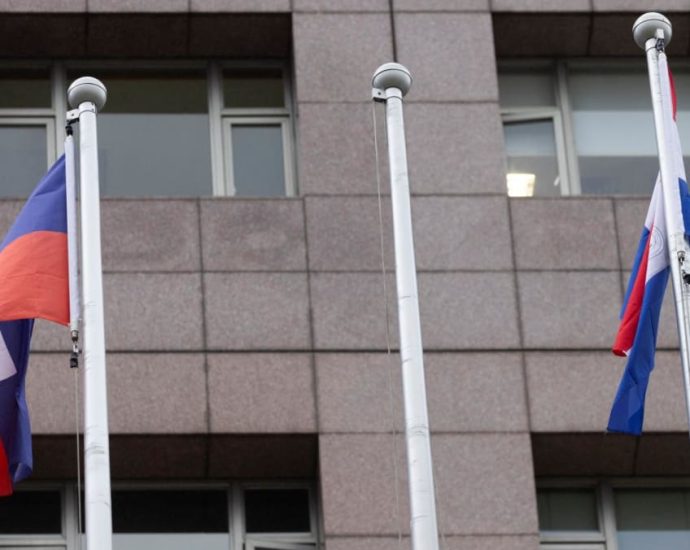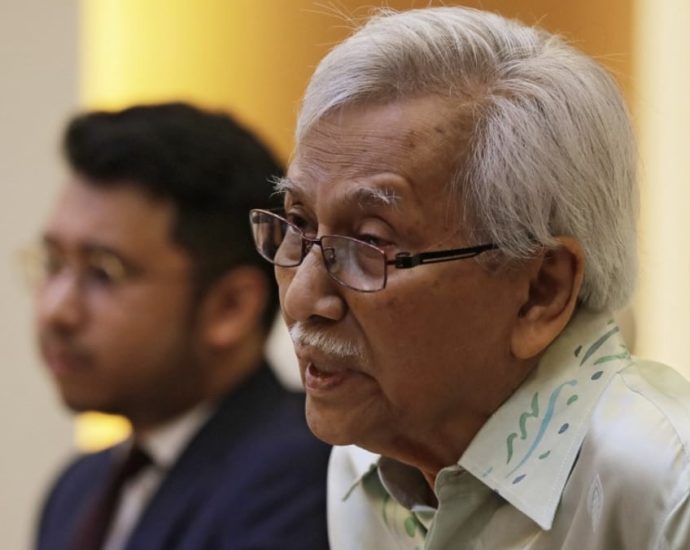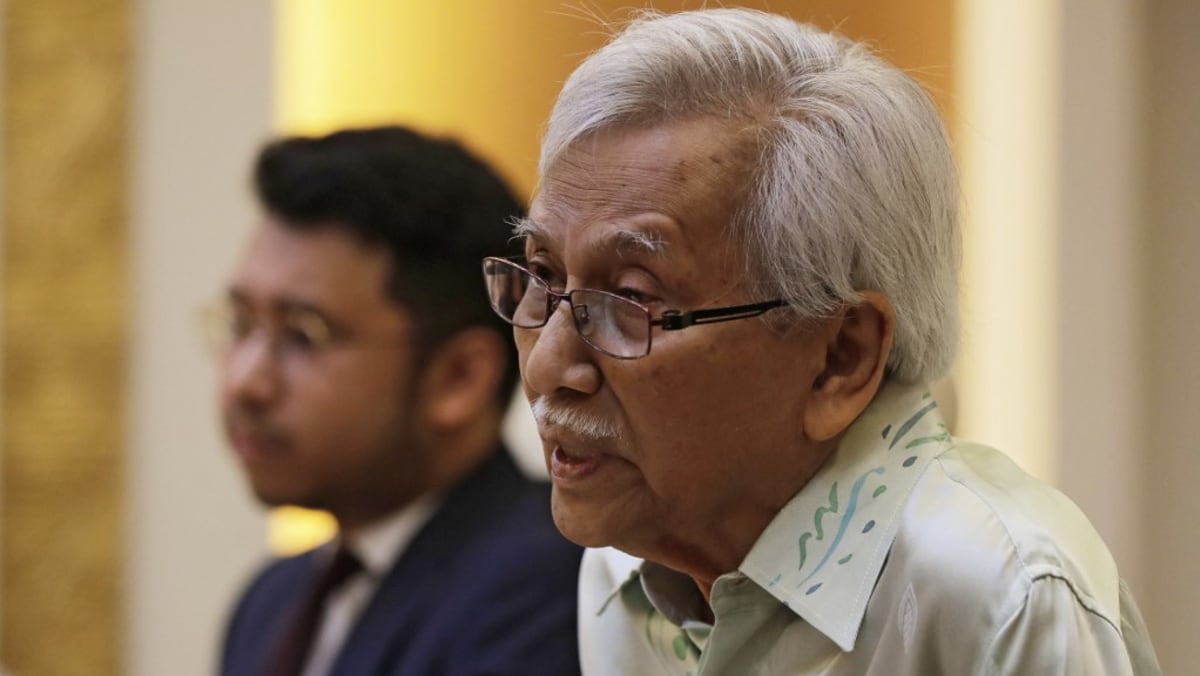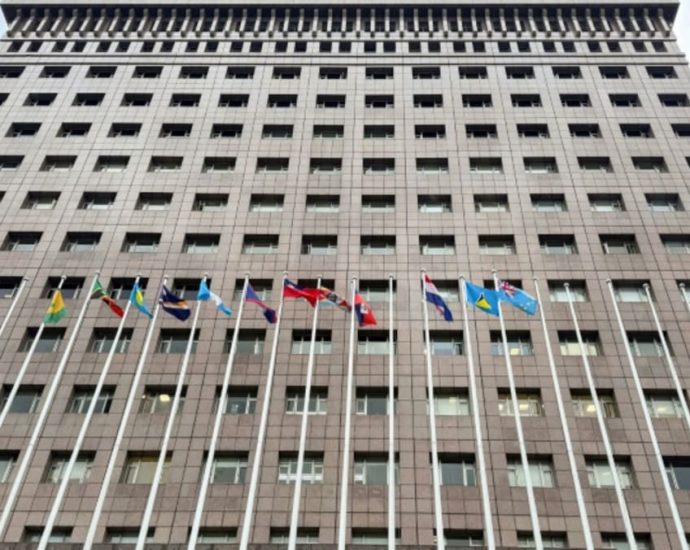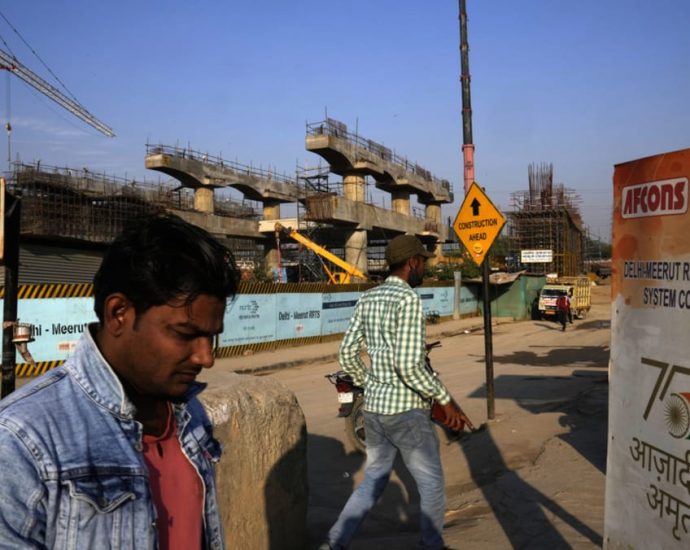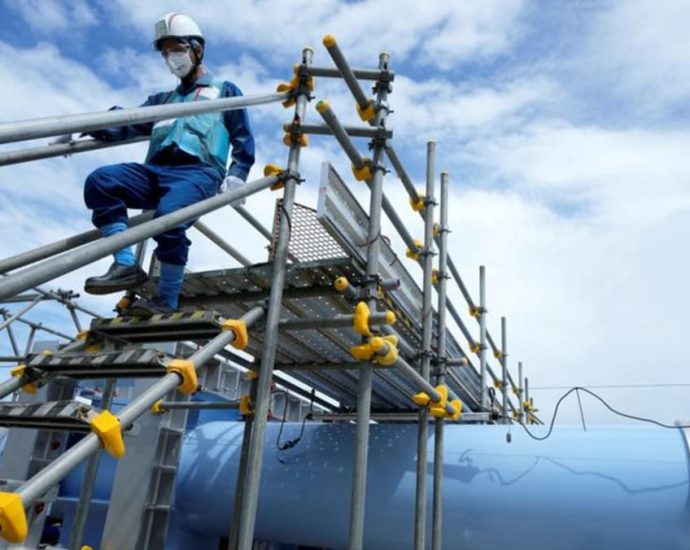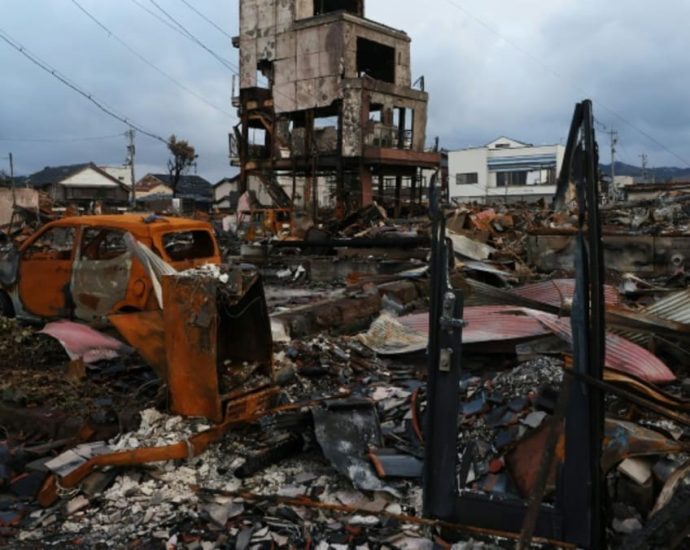North Korea lauds ‘comradely’ ties with Russia, Putin to meet Kim’s foreign minister
MOSCOW: North Korea’s foreign minister lauded comradely ties with Russia on Tuesday (Jan 16) ahead of a rare meeting in Moscow with Russian President Vladimir Putin, who has been invited by Kim Jong Un to visit the reclusive nuclear-armed country. Putin has deepened ties with North Korea since the 2022Continue Reading

